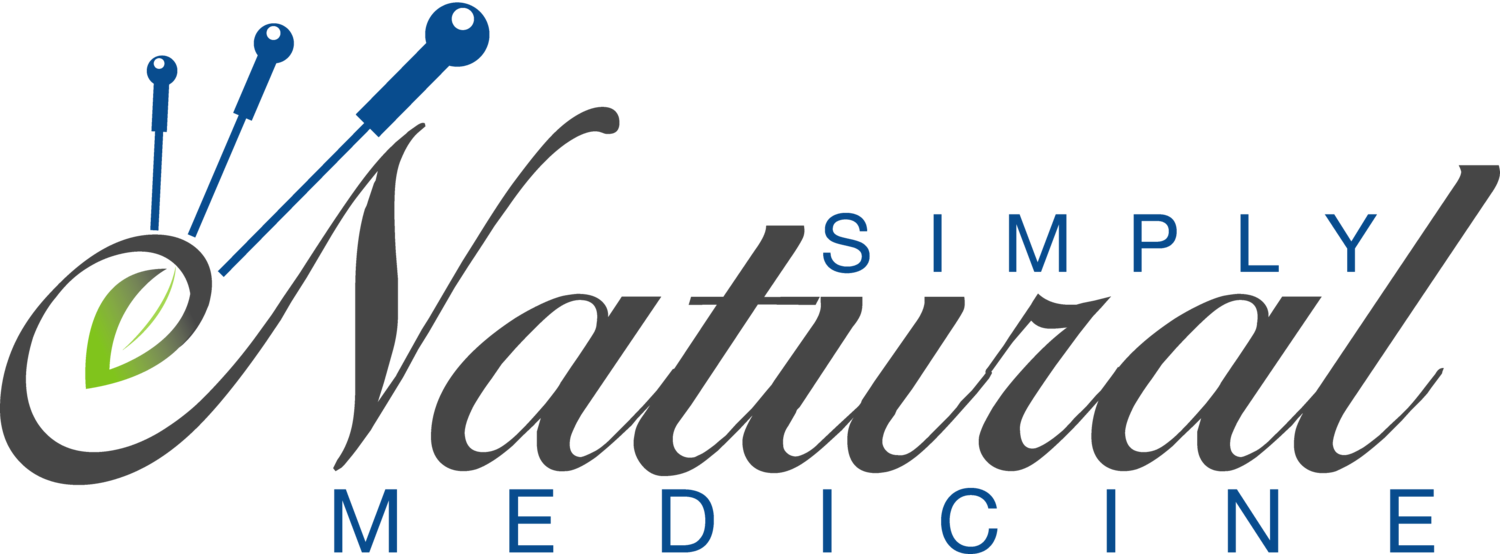Collagen: What is it and why should you be taking it?
/What is collagen?
Collagen is a major component of connective tissues that make up several body areas, including tendons, ligaments, skin and muscles.
It is a combination of 20 amino acids that form together to create a protein.
Your body makes 4 different types, each for a different purpose in the body (keep reading to make sure you are taking the best one!)
Everyone has a decrease in collagen production starting at 30 years old, then a more significant decease at 35 years old. For women– at menopause, you have a whopping 30% decrease in production within the first 5 years of menopause. Then a 2% decrease each year after. Likely, there is a similar decrease in production in men around this time as well (ages 50-60).
Why would you use it?
For skin – it helps decrease wrinkles and improves skin elasticity
For muscles – it helps build muscle mass
For tendons – it keeps them strong, durable, and keeps joints in place
For joints – it keeps joints moving properly and decreases pain
For digestion – it helps heal leaky gut and promotes a healthy gut integrity
For wounds – it helps heal tissue faster and helps scars form
For bone – it helps keep the bone matrix strong and prevents bone loss
For blood vessels – it strengthens the vessel walls to prevent cardiovascular disease
What kind should you take?
Opt for hydrolyzed collagen (aka. collagen peptide), which means the collagen has been broken down, making it easier for you to absorb.
Collagen is sourced from animals. It is extremely important to choose grass-fed, organic, collagen supplements that have been tested for heavy metals.
The type of collagen is important!
For joint health & pain relief = Bovine, chicken or pork collagen is best (type II collagen)
For skin health & wrinkle prevention = Marine collagen is best (type I collagen)
15% off your order with link above.
Personal favorite brands:
Ancient Nutrition - Organic Bone Broth Collagen
Vital Proteins - Collagen Peptides Powder
Vital Proteins - Wild Caught Marine Collagen
Vital Nutrients - Marine Collagen Powder
Nordic Naturals - Marine Collagen Powder
Ancient Nutrition - Multi-Collagen Protein (All-In-One)
How long should you take collagen?
Consistent, long-term use:
Skin health
Cardiovascular disease
Osteoporosis/Osteopenia (low bone mass)
Ehlers Danlos Syndrome (EDS)
Calcium Channel Blocker use – these decrease your production of collagen.
Acute, as-needed use:
Post surgery, wound healing – 3-6 months
For joint pain – 3 month trial, then reassess
Digestive issues, improve gut integrity – 3 month trial, then reassess
Stretch marks – 3-6 months
Muscle gain – 3 month trial, then reassess
How to get the best response!
Collagen taken orally does not go straight to your body to be used. Collagen is merely the nutrients needed, in correct dosing, to promote your body’s own ability to create collagen. Therefore, other nutrients are needed to make collagen. These include Zinc, Copper, and Vitamin C.
Think of it as a recipe:
Ingredients:
Collagen peptides 5-20 grams daily
Zinc 15-30mg daily
Copper 1-2mg daily
Vitamin C 1-2 grams daily
Instructions
Take all daily and enjoy healthy skin, muscles, tendons and cardiovascular system!
More ways to boost collagen!
Food as medicine (aka collagen containing foods):
BONE BROTH! - best when using cartilaginous bones
Pro tip! That gelatinous layer (gelatin) on top of bone broth is actually broken-down collagen. Don’t remove this, rather shake it up to mix it back in and enjoy!
Fish and beef
Chicken and pork skin
Congee (ancient Chinese porridge recipe)
Organ meat (high in proline + glycine)
NOTE! Always choose grass-fed, organic, meats and bones.
Supplements
Glutamine 1-3 grams daily- stimulates collagen synthesis
Amino acids – building blocks of collagen, specifically proline and glycine
Zinc 15-30mg daily – helps remodel collagen
Copper 1-2mg daily – cross-links collagen making it stronger
Vitamin C 1-2 grams daily – important cofactor in production of collagen
Therapies
Platelet Rich Plasma (PRP) – injections of your own plasma to help your body make collagen to decrease pain or to decrease wrinkles
Acupuncture – can stimulate collagen production
Injectable collagen (botox-like) – doesn’t last as long and higher rates of allergic reaction
Topical collagen creams – provided collagen peptides right to the spot its needed
Safety
Collagen is widely accepted to be safe. Side effects typically have to do with a sensitivity to the product (due to digestive issues, hypersensitivity, additives, etc.), rather than the collagen causing disruption.
ALWAYS talk to your doctor prior to starting any new supplements.





